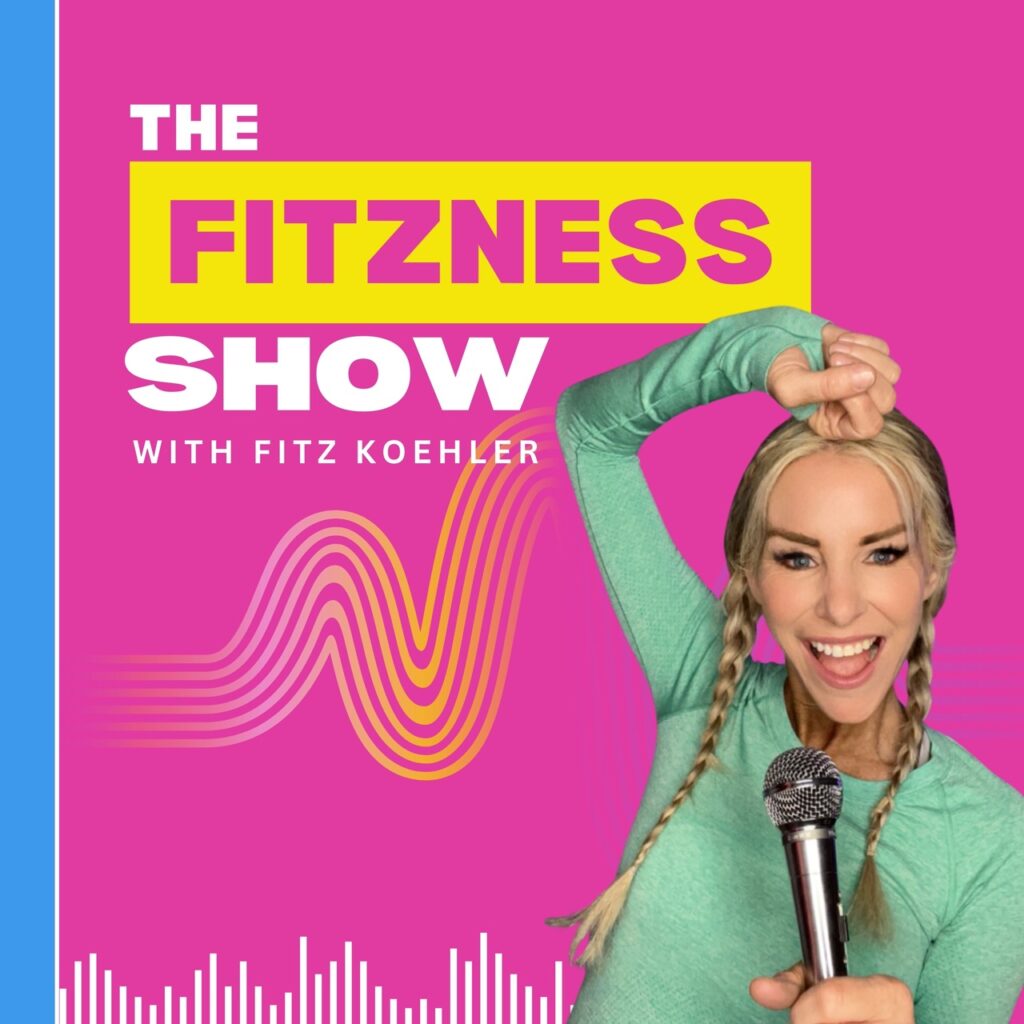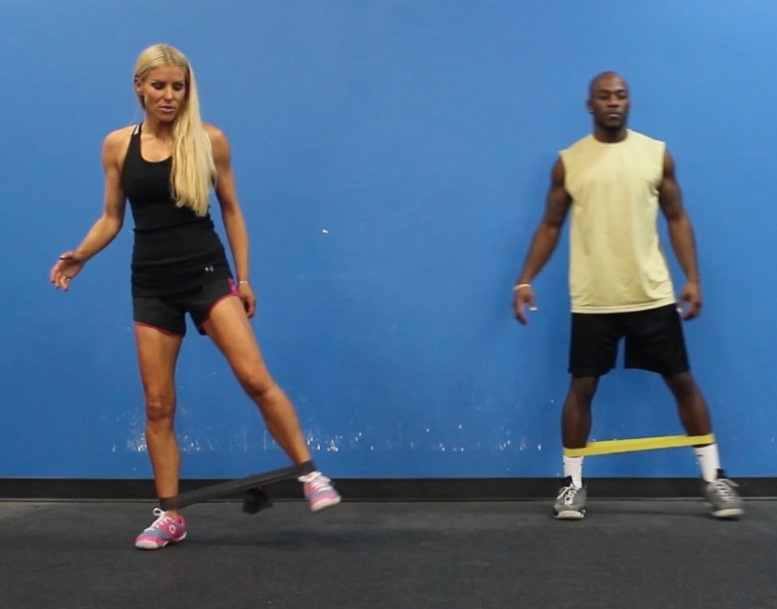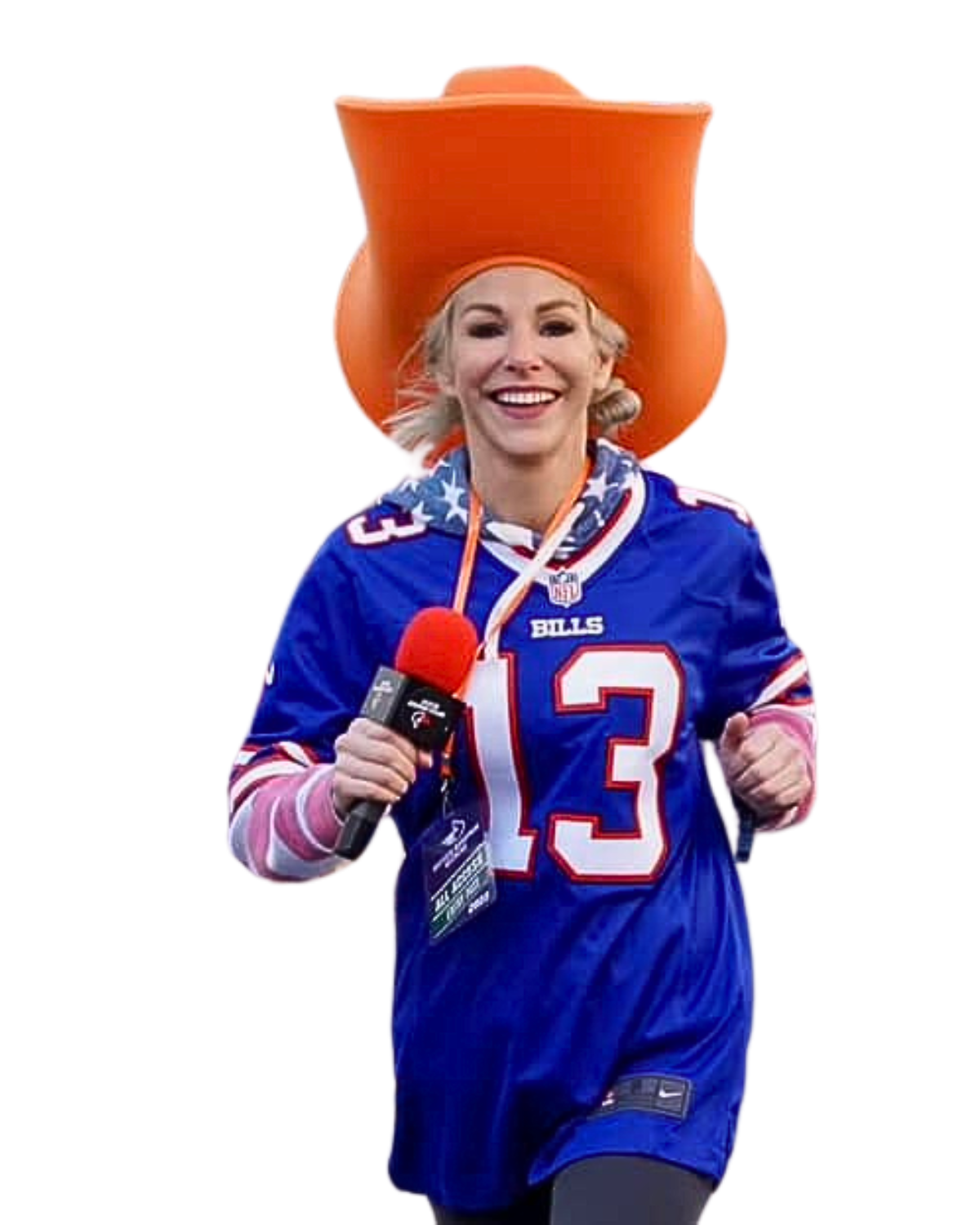Whether you are spending a night out on the town or are casually sipping on some wine, we all (at some point) experience what I call the “drinking drowsies”. These drinking drowsies may lead you to believe that alcohol is a perfect remedy for helping you sleep. Yes, it may help you fall asleep faster, but it actually significantly impacts the quality and quantity of our sleep. Time to debunk the notion that alcohol is a great sleeping aid.
Matthew Walker, PhD. is a neuroscientist who has dedicated the past decade of his research to studying sleep. In his book, “Why We Sleep”, he shares some pretty eye-opening insight on the way alcohol affects our sleep.
1. Alcohol is in a class of drugs called “sedatives”
People commonly mistake sedation with deep sleep. Sedation, he urges, is NOT sleep. Sedation turns off brain firing and signaling whereas in normal sleeping, there is a LOT of brain activity and communication going on.
2. Sleep fragmentation
Alcohol can trigger the “fight or flight” branch of the nervous system. This is the system that is responsible for our “survival instincts” – giving us a burst of energy when we perceive danger. Alcohol makes this part of our brain more active during sleep, causing us to wake up more frequently. Additionally, alcohol can increase the amount of alerting chemicals in our brain.
3. Block REM sleep
During sleep, our brains move through a series of stages. REM (rapid eye movement) sleep is a stage that plays a significant role in learning, memory, creativity and mood. It is the stage where we dream! Alcohol can prevent you from reaching this critical stage in your sleep cycle.
So, next time you’re itching for a nightcap, ditch it! Opt in for a cozy blanket, a book, and/or TV to help you fall asleep naturally. You will feel way more refreshed and alert in the morning.






